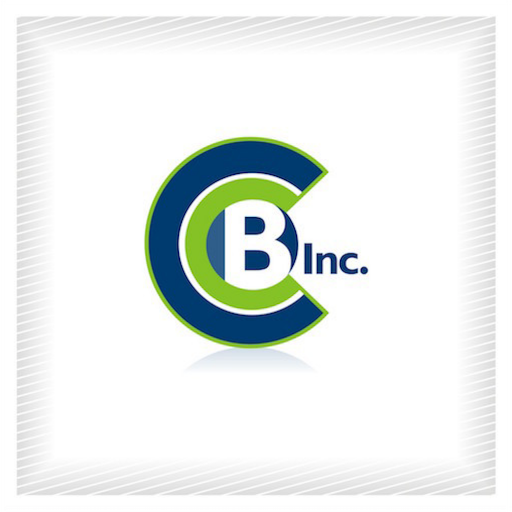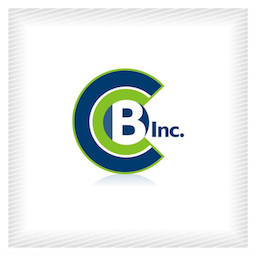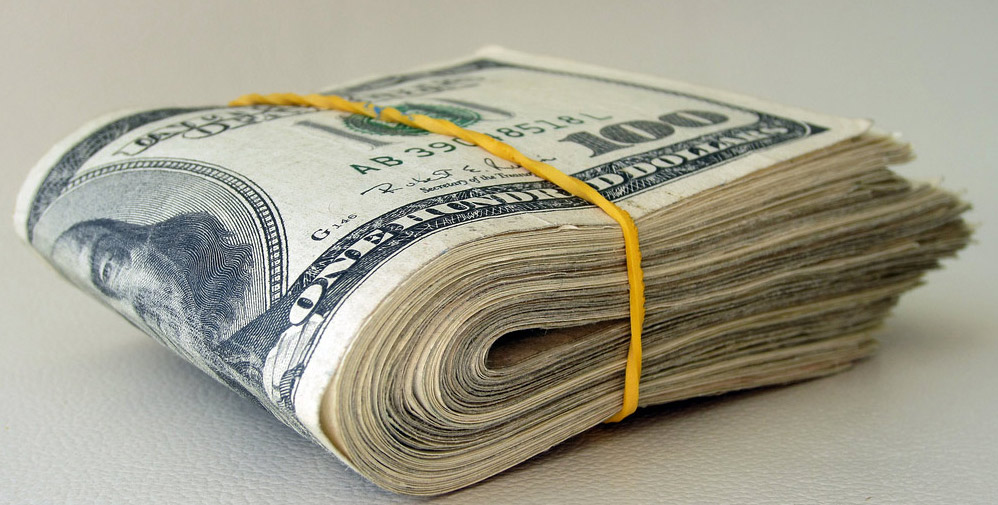So You Want to Be a Freelancer? Know This Before You Leap
If you’ve ever thought about ditching the full-time job and striking out on your own, you’re not alone.
Nearly 54 million Americans are now doing freelance work, according to a new study commissioned by the Freelancers Union and Upwork.com, and an estimated 60 percent of them made the jump by choice, an increase of 7 percent from last year.
While perks like working from home and having flexibility can make freelancing attractive, the lack of a steady paycheck can be scary.
Vicki Salemi, a career expert for Monster.com, suggests you start by figuring out your budget and working backward to estimate the minimum earnings you need to cover your essentials. Before you make a full-time commitment to freelancing, be certain that you can earn at least enough to meet your minimum.
Seek out other freelancers in your industry who can answer questions and provide support — or even client referrals. (Co-working spaces and online organizations like the Freelancers Union are good places to look.)
Taking these additional steps can help you set yourself up for success financially and professionally.
Set up two budgets
Keeping your finances in order is vital to the success of your work. Erika Safran, a certified financial planner and president of Safran Wealth Advisors in New York, suggests keeping a separate account for your business and for your personal life to help track expenses for both. “That is a key organizational issue,” said Safran. “At the end of the year, it will be much easier to identify your business expenses and identify them on tax returns.”
Take taxes into account
You’re the boss, so you’ll be in charge of making sure you pay your taxes on time. Financial advisors suggest setting aside 20 to 30 percent of every check you get for taxes. Pushing off estimated tax payments on your freelance earnings may be tempting, but “don’t think that taking cash is going to get you ahead,” said Safran. The last thing you want to get stuck with in April is an unexpected tax bill.
Keep in mind that as a freelancer you can experience feast or famine with your clients. So have extra cash to cover expenses when business is slow.
Value your time
It’s not just about budgeting your money, but budgeting your time. Managing your time well and being able to meet deadlines is key to your success, said Safran.
Set up your own benefits
Not only is it smart to get health insurance, it’s now required under the Affordable Care Act — you can be fined if you don’t. You can enroll in health insurance plans through the Freelancers Union or through Healthcare.gov, the health insurance marketplace created by the Affordable Care Act, which offers five categories of coverage.
Now that you’re on your own, you’ll also be responsible for making sure you save for retirement. You won’t have access to an employer-sponsored retirement plan anymore, but you can open an individual retirement account or IRA. In 2015, you can contribute up to $5,500, up to $6,500 for people over age 50. (The same contribution limits will remain in place next year, according to the IRS.) Think of it as a necessity, and set up automatic withdrawals. That way you’re not only getting paid now, but you’re setting yourself up for the future.





